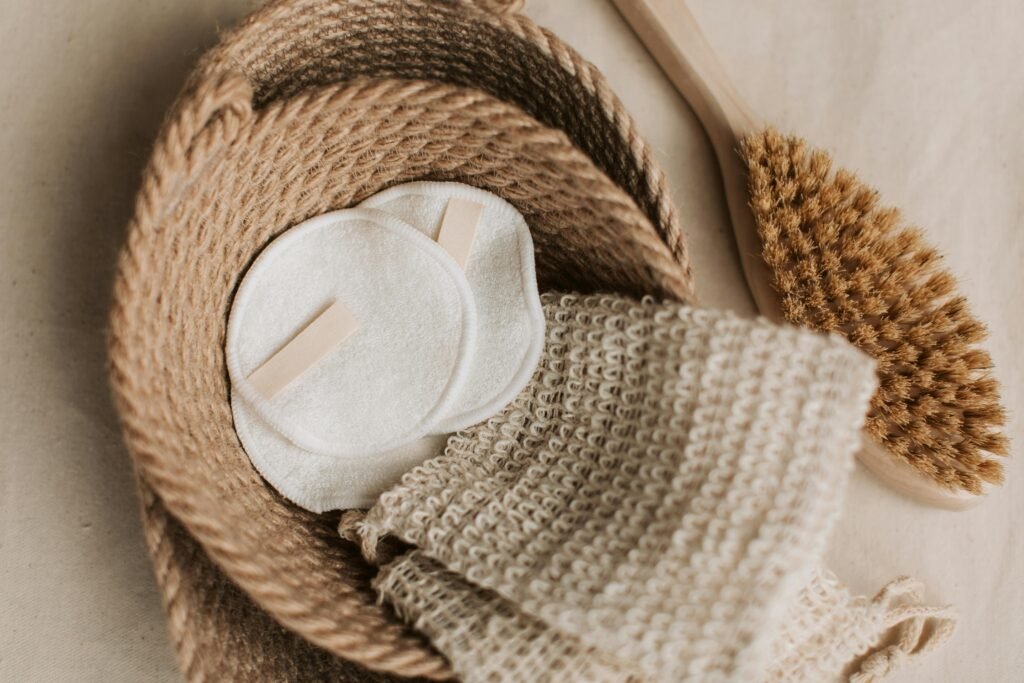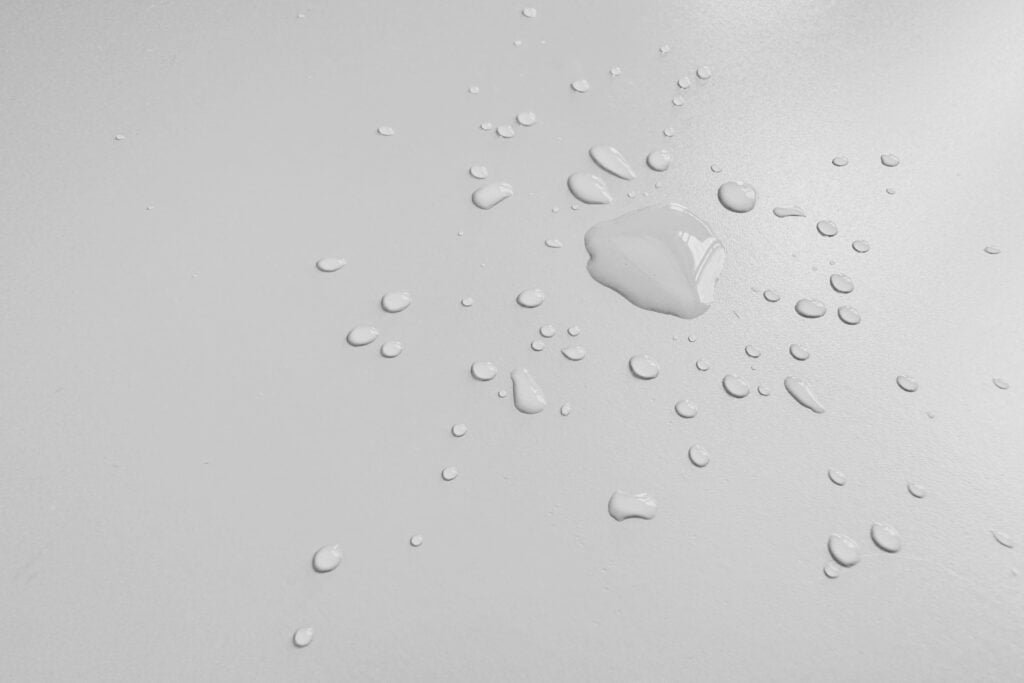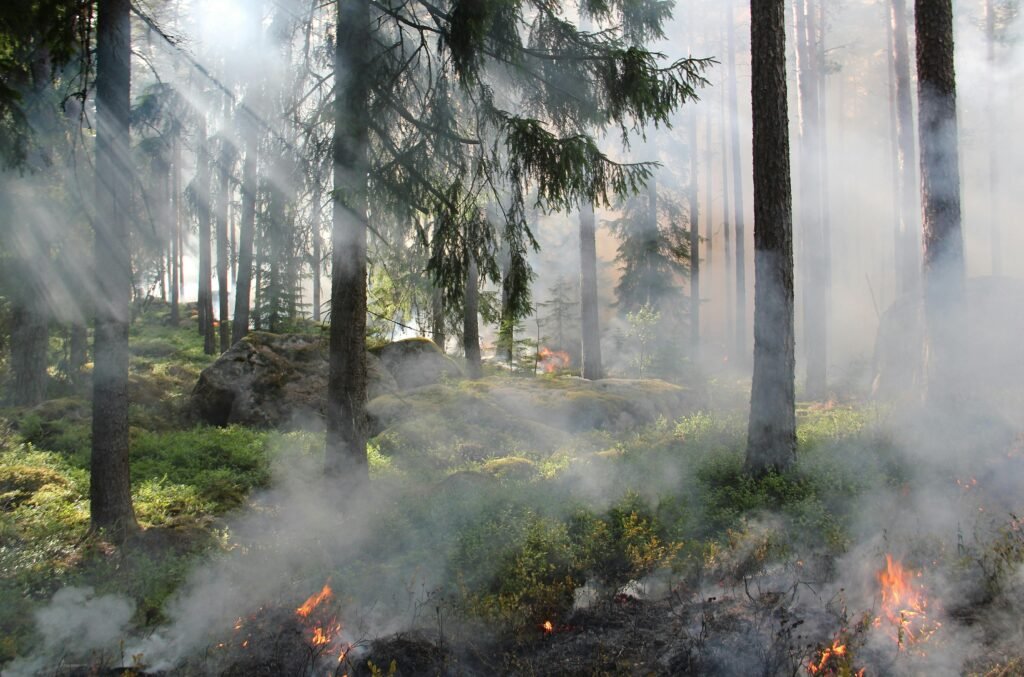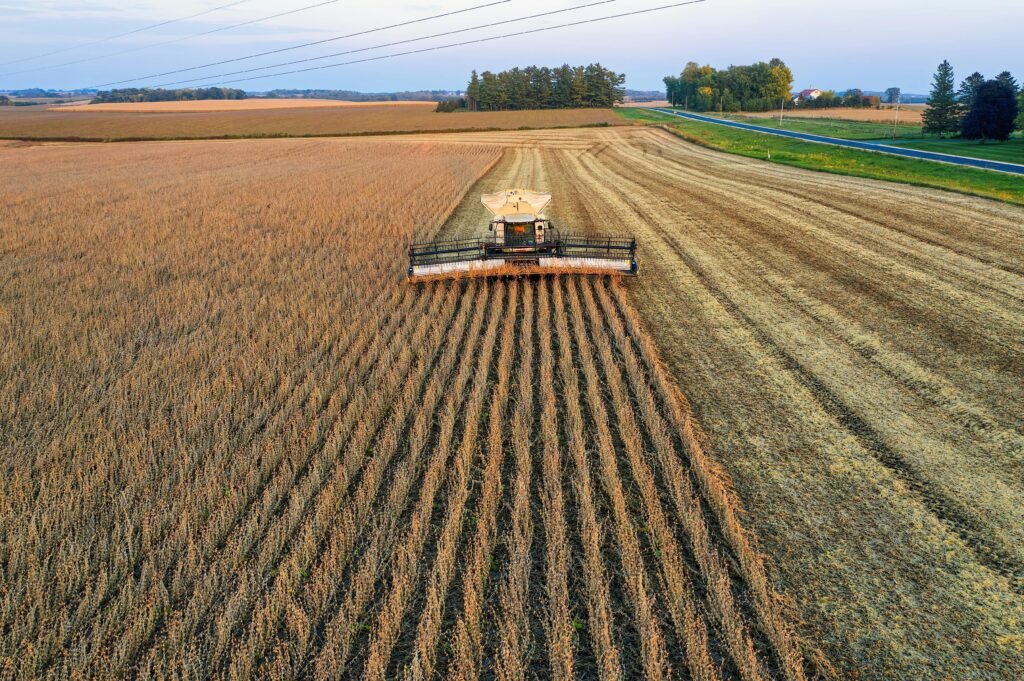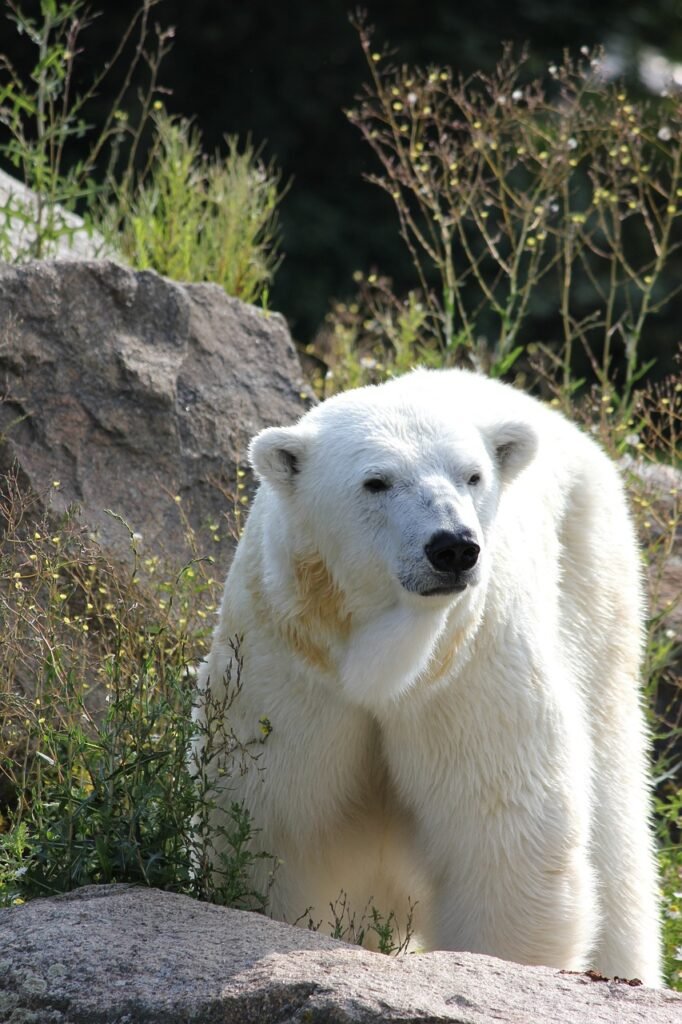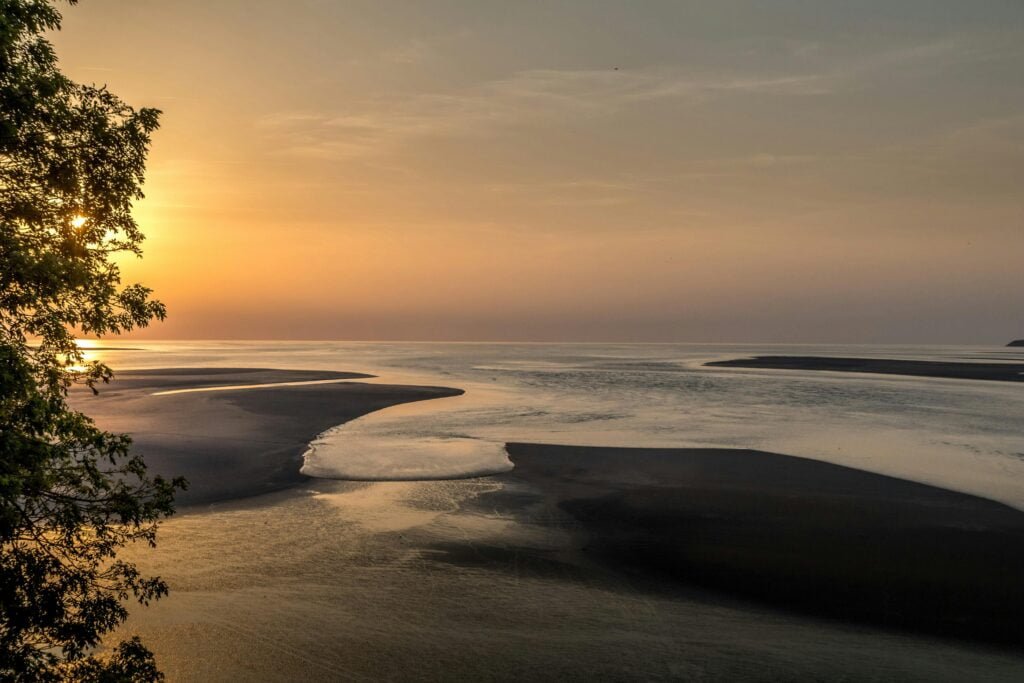
Imagine stepping outside on a hot day, the air so warm it feels hard to move. This heat is not just a one-off—climate change makes it happen more. People burn coal, oil, and gas for power, and they chop down forests for space, letting gases like carbon dioxide and methane float up. These gases trap heat, warming Earth bit by bit. Because of this, ice melts, seas climb, and storms hit harder. But here is the big part—our health feels it too. Climate change throws risks at us: scorching heat, dirty air, bugs with sickness, less food and water, and heavy minds. Let us dive into what this means for you, with simple facts and ideas to fight back, so you learn something useful and stick with me to the end.
Heat Turns Dangerous
Picture a summer day, the sun blazing, and no breeze to cool you down. Climate change makes these days hotter—sometimes over 38 degrees Celsius—and they last longer. When heat hangs around, it does not just tire you—it makes you sick. Your head pounds, you feel weak, maybe dizzy too. This is heat exhaustion creeping in. If it gets worse, heatstroke starts, pushing your body past 40 degrees Celsius. That can stop your heart or kidneys, and it is serious stuff.
Old folks and kids suffer most. An elderly person might sit still, sweating with no fan, while kids cannot run outside when it is too hot. Because heatwaves come more often now, hospitals see more people needing help. To fix this, we need cool spots—like shady parks or rooms with air—and plenty of water handy. Climate change health risks grow with every warm day, but simple steps can keep us safer.
Air Gets Hard to Breathe
Heat does not just warm you up—it changes the air. Plants love warm days, so they grow longer and spread pollen everywhere. For some, it means itchy eyes and sniffles, but if you have asthma, your chest tightens, and breathing hurts. Then, heat mixes with smoke from cars or factories, making a gas called ozone. Ozone stings your lungs, so you cough or feel short of breath.
Dry weather adds trouble too. When it does not rain much, forests turn dry and catch fire fast, sending smoke far. This smoke has tiny bits that sneak into your chest, making you wheeze. For example, kids might stay inside because the air turns hazy and thick. Doctors say this bad air—tied to global warming health impacts—means more lung problems. Planting trees cleans it up a bit, and cutting smoke from machines helps too. Clean air matters, and we can bring it back.
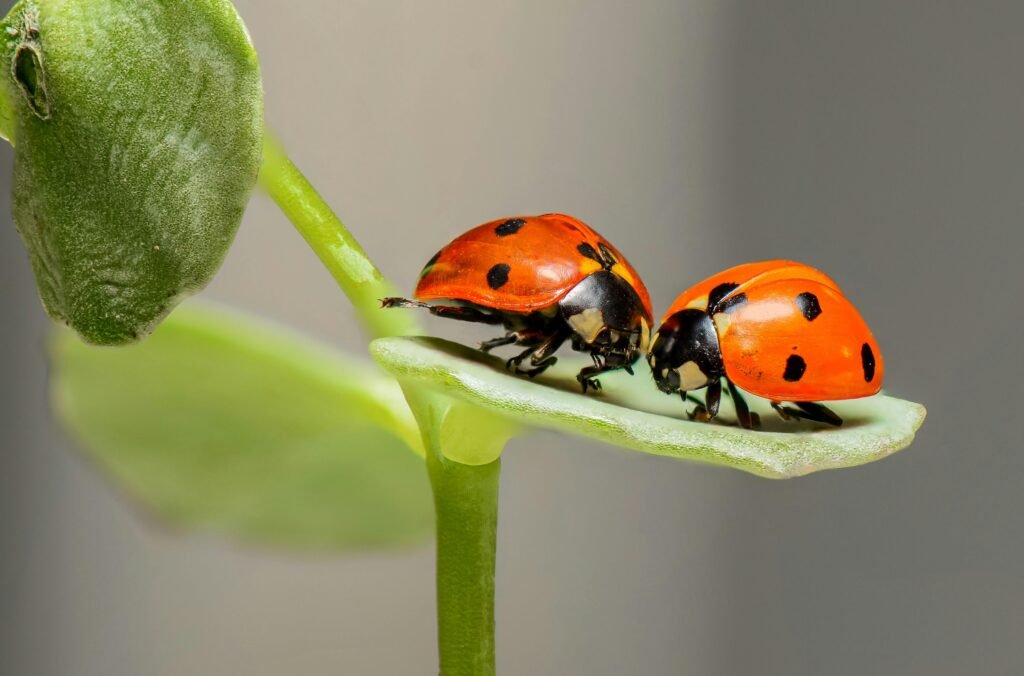
Bugs Carry Trouble
Warm days invite bugs. Mosquitoes like hot, wet places to lay eggs, and ticks enjoy the heat, so they show up more. These bugs bring diseases. A tick bite might give you Lyme disease—fever at first, then sore joints later. Mosquitoes carry malaria or dengue fever, hitting you with chills and tiredness that stick around. Because climate change keeps things warm, these bugs live longer and travel farther.
Think of a rainy day after a hot spell—puddles form, and mosquitoes love that. Health teams call these vector-borne diseases, meaning bugs pass them to us, and they watch them spread. Nets over beds stop bites at night, and sprays chase bugs away. Climate change health risks get bigger with every buzz, but we can fight them with smart tools and planning.
Food and Water Slip Away
Weather plays tricks on food. Too much rain soaks fields, or no rain dries them, and farmers lose what they grow. Picture a field of wheat turning brown under the sun—less food comes from that. When harvests shrink, prices go up, and some cannot buy enough. Malnutrition starts—your body weakens, kids do not grow right, and energy drops. Because climate change messes with crops, empty plates could happen more.
Water takes a hit too. Storms stir dirt and germs into rivers, spoiling what you drink. If clean water runs out, sickness like cholera comes—your stomach twists, and you feel drained. Dry times empty wells, leaving buckets dry. These global warming health impacts take away basics, so we need crops that grow in tough weather and ways to keep water pure. It keeps us going strong.
Minds Feel the Strain
Climate change reaches your head too. Big storms or fires wreck homes, and the sadness stays after. Sleep gets shaky, worry fills your days, and some feel down a lot. Young people wonder if heat or floods will ruin tomorrow—they call this eco-anxiety, and it grows fast. Even without a disaster, the news of dry land or rising water makes you tense.
Think of a farmer watching crops fail, or someone near the sea seeing it creep closer—stress builds up slow. Doctors hear more people asking for calm, showing climate change health risks hit feelings hard. Talking with friends or making a plan can lift that weight, and we need more of it to feel okay.
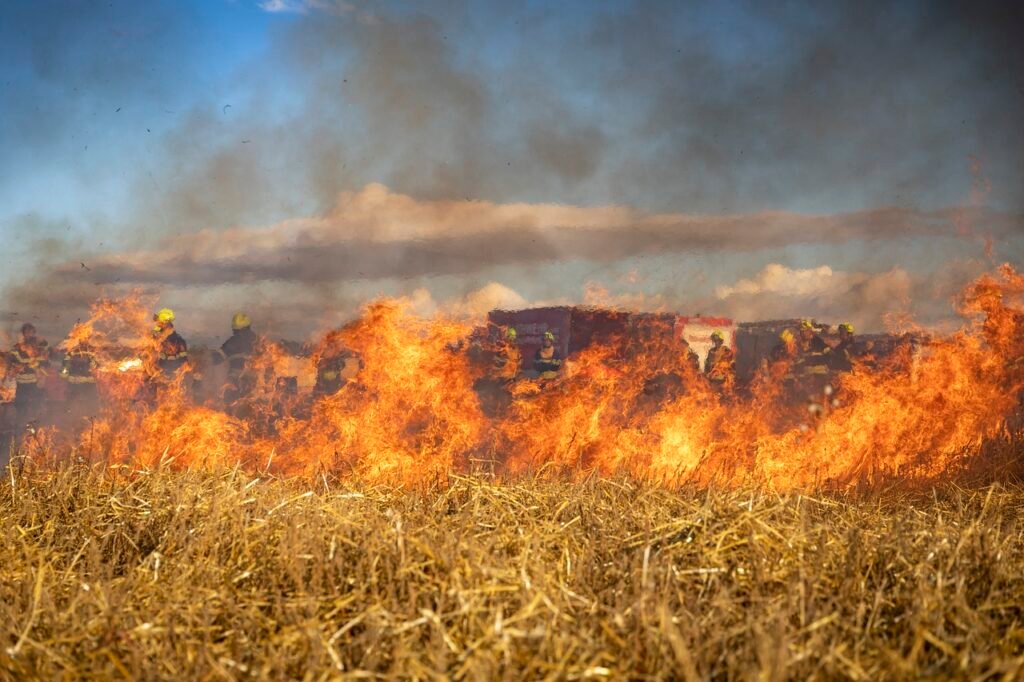
A Few Clear Examples
Sometimes, real stories show it best. India in 2023 faced heatwave where temperatures hit 48 degrees Celsius, and people fell sick fast, some not making it. In Bangladesh in 2022, floods covered fields, and dirty water spread illness in days. In Australia in 2020, wildfires burned big, smoke choking lungs far away. These moments—tied to how climate change affects health—pop up now, not later, and they push us to learn and act.
Ways to Push Back
We can fix this together. Leaders can stop coal and use wind or sun power, cutting gases that warm things up. Phones can buzz before heat or rain hits, giving you time to get ready—like a heads-up to grab water. Farmers can plant tough crops that last through dry days, and store rain when it falls. Doctors can study bug diseases, finding cures or traps to stop them. Plus, countries can share ideas, so everyone fights climate change as a team.
You can help too. Planting a tree cools the air and grabs carbon dioxide—small but good. Eating less meat cuts methane from cows and walking skips car smoke. For example, tell a friend why you carry a water bottle—it spreads the word. Every step counts, making how climate change affects health better bit by bit. We all pitch in, and it works.
Why You Should Care
Climate change health risks touch your life. Heat saps your strength, air blocks your lungs, bugs make you sick, food gets scarce, water turns bad, and your mind feels off. It all links up, hitting us where we stand. But knowing this gives us a chance—seeing it clear means we can act. We can build smart, live easy, and ask for change, keeping health good as the world shifts.
What do you notice around you? Drop a thought below—your ideas keep this alive. Stories from everywhere teach us more, so let us talk and fix how climate change affects health together.
Frequently Asked Questions (FAQs)
How Does Climate Change Make People Sick?
Climate change messes with health in sneaky ways. Picture a super hot day—say 38 degrees Celsius—and you feel dizzy or weak. That is heat exhaustion, and it can turn into heatstroke, which hurts your body bad. Then, there is the air—warm weather mixes with car smoke to make ozone, a gas that stings your lungs. Bugs like mosquitoes love the heat too, spreading diseases like malaria with their bites. Plus, storms or dry spells ruin crops and water, so you might not eat enough or drink clean stuff, leaving you tired or sick. Even your mind feels it—worry about storms can keep you up at night. All these connect, hitting us because the planet gets warmer.
Why Do Some People Feel Climate Change More?
Not everyone faces the same trouble. Old folks cannot cool down fast—imagine an elderly man sweating with no fan on a 40-degree Celsius day; his body struggles. Kids heat up quick too, especially playing outside with no shade. If you have asthma, dirty air from fires or ozone makes breathing a fight. Poor folks might not afford good food when crops fail, so malnutrition hits them harder—think of a kid staying small because meals shrink. And if you live where storms flood rivers, bad water brings sickness like cholera fast. It depends on age, health, and where you are—climate change health risks pick on the weak spots.
What Can I Do to Stay Safe from Climate Change Health Risks?
You can do plenty! On hot days, stay in shade or near a fan—water keeps you going too. Plant a tree—it cools the air and grabs carbon dioxide, like a little helper. If bugs buzz around, use nets at night or spray them away to dodge bites. Eat less meat—cows make methane, so skipping a burger helps the planet. Walk or bike instead of driving to cut smoke. Plus, talk about it—tell friends why you carry a bottle or skip car rides; it spreads ideas. These small moves fight how climate change affects health, keeping you and others stronger.

